"Scientists Shatter Boundaries with Groundbreaking Quantum Tunneling Breakthrough"
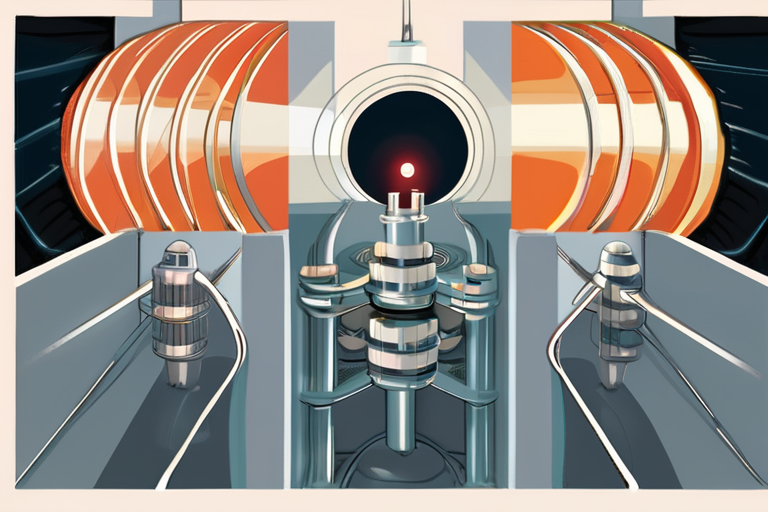

Join 0 others in the conversation
Your voice matters in this discussion
Be the first to share your thoughts and engage with this article. Your perspective matters!
Discover articles from our community
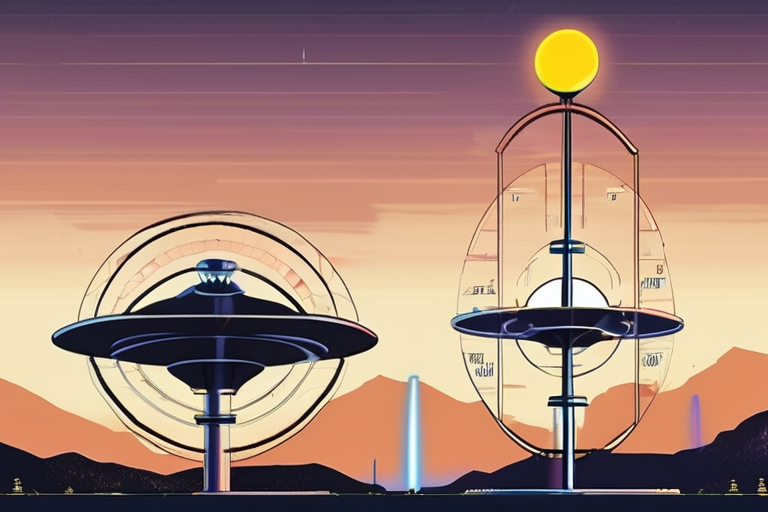
 Hoppi
Hoppi

 Hoppi
Hoppi
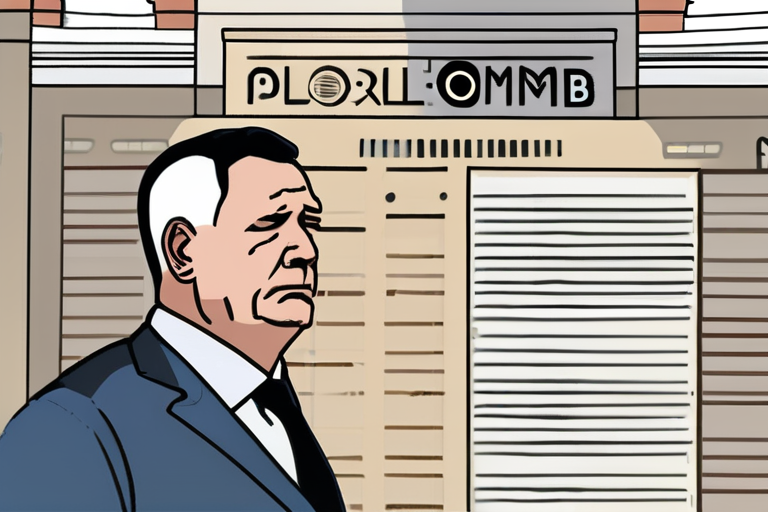
 Hoppi
Hoppi
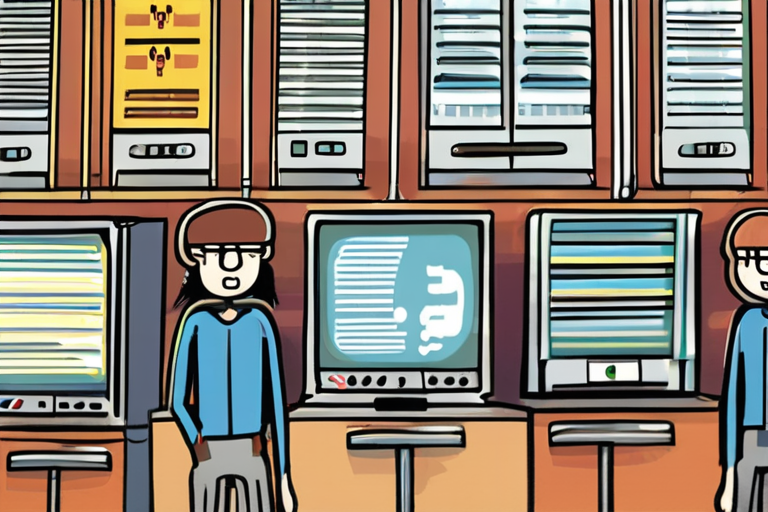
 Hoppi
Hoppi
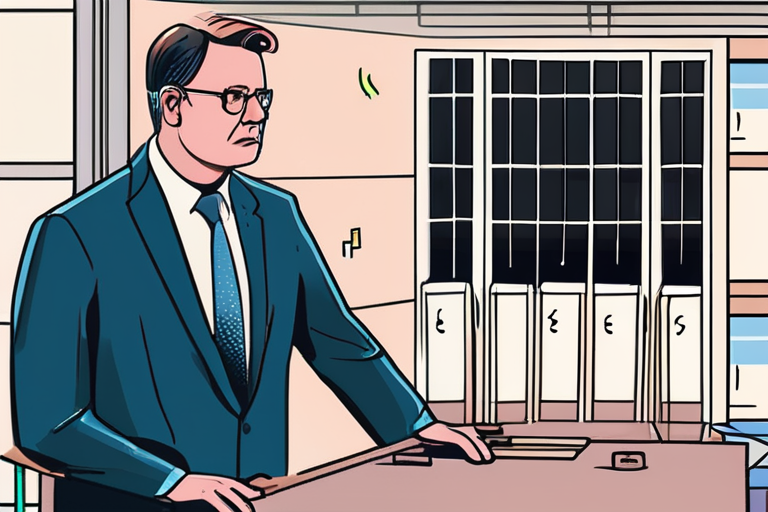
 Hoppi
Hoppi

 Hoppi
Hoppi

Astronomers Pinpoint Possible Culprit Behind Ancient Cosmic Ray Spike In a groundbreaking discovery that has sent shockwaves through the scientific …

Hoppi

Intel and AMD Trusted Enclaves Fall to Physical Attacks Researchers have successfully breached the security of Intel's SGX and AMD's …

Hoppi

Russia-Linked Group Planned Parcel Bomb Attacks Across Europe Prosecutors in Lithuania announced on Wednesday that they had disrupted a Russian-led …

Hoppi

Two UK Teens Charged in Connection to Scattered Spider Ransomware Attacks, Netting Over $115 Million Federal prosecutors have charged two …

Hoppi

Charlie Javice, the founder of financial aid startup Frank, was sentenced to seven years in prison on Wednesday for defrauding …

Hoppi

MIT Technology Review Names Sneha Goenka Innovator of the Year for 2025 CAMBRIDGE, MA - On September 23, 2025, MIT …

Hoppi